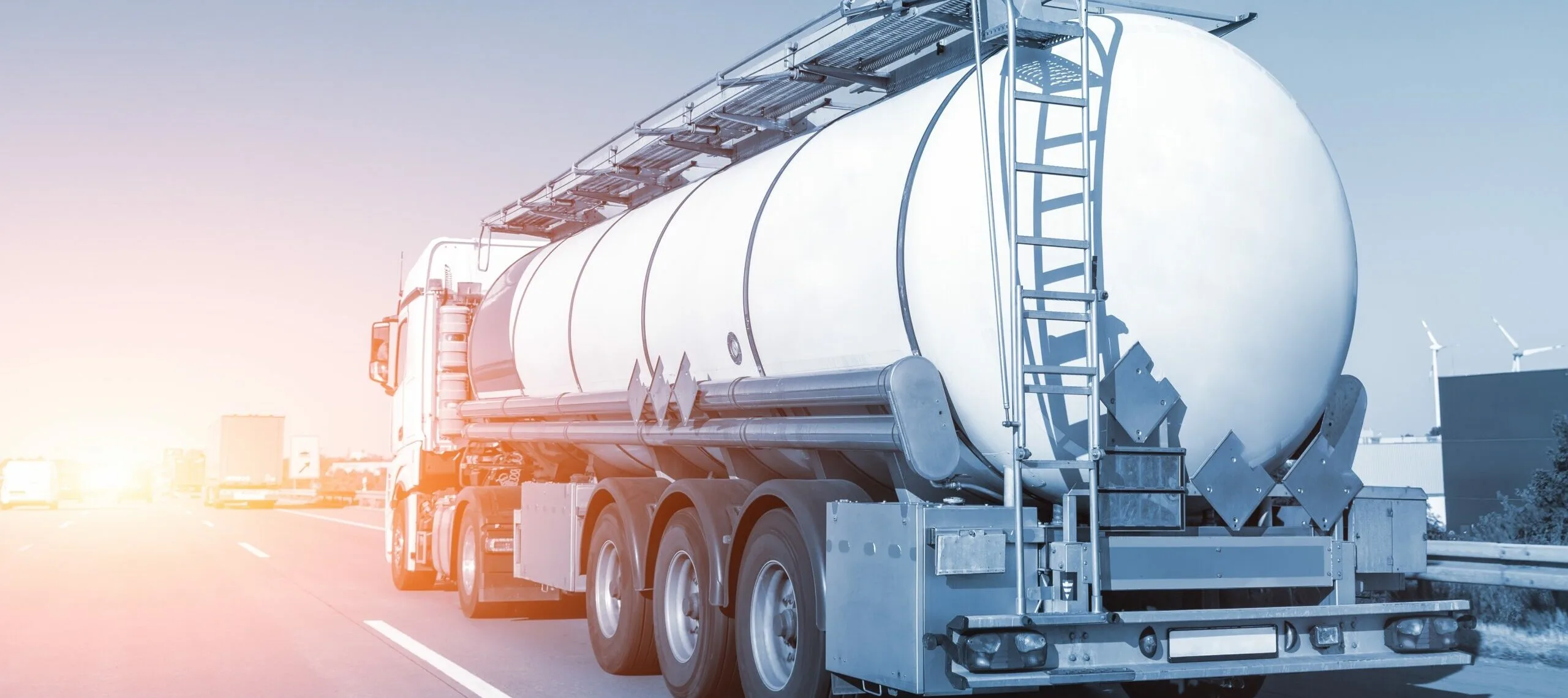
Over the last three decades, transport remains the only sector to have seen greenhouse gas (GHG) emissions increase, rising 33.5% according to the European Environmental Agency. Heavy vehicles used for transporting freight, as commonly used in the chemical sector, have the highest levels of emissions because technologies to decarbonise them are still at an early development stage. To support Europe’s mobility targets, Cefic calls on the European Commission to recognise its SQAS assessment scheme as the common approach for safe, secure, and sustainable chemicals transportation across Europe.
SQAS supports the chemical industry to improve its transport and distribution operations by providing a series of independently assessed questionnaires and encouraging continuous improvement. Recently, SQAS introduced specific new requirements to help companies measure and reduce their GHG emissions. For example, a transport company should measure the fuel consumed, calculate the GHG emissions based on a defined methodology and implement a programme to reduce them.
Since January 2022, more than 1000 transport companies, tank cleaning stations, warehouses, transfer terminals, container depots, and chemicals distributors have been assessed under these new requirements.
These GHG emission requirements are in line with the European Commission’s Sustainable and Smart Mobility Strategy and also support the upcoming directive CountEmissions-EU that will require harmonised measuring, reporting and reduction of GHG emissions of transport companies. Cefic now wants to see SQAS recognised as the standard methodology that supports the chemical industry to deliver on Europe’s mobility objectives.
Read more about SQAS and get in touch with Victor Trapani, SQAS Manager to join the initiative.










